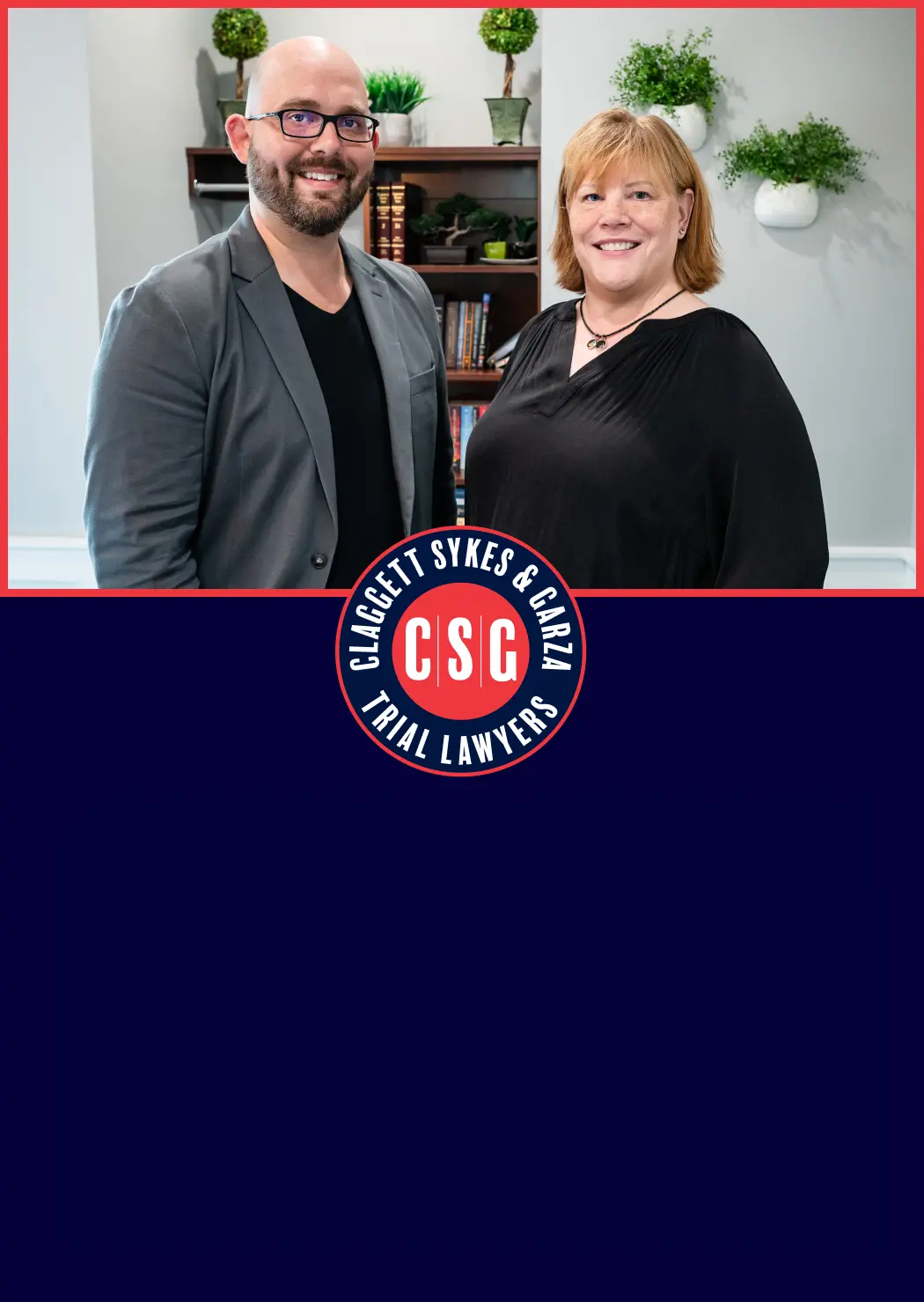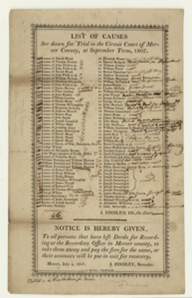Connecticut has a prejudgment remedy problem.
The statutes do not make it clear as to whether or not a plaintiff can commence an action at the same time that it commences a prejudgment remedy.
I know from experience that some Connecticut court clerks allow this to happen while at least one won’t. I found this out the hard way.
Here’s my argument as to why a plaintiff should be allowed to commence an action at the same time it files a PJR.
The filing of a prejudgment remedy does not prevent a plaintiff from commencing a civil action. There is not statute or case that holds the filing of a prejudgment remedy bars a plaintiff from commencing a civil action at the same time.
The required process of obtaining a prejudgment remedy is different from commencing a civil action. Bernhard-Thomas Building Systems, LLC v. Duncan, 286 Conn. 548, 558 (2008). Individuals seeking a prejudgment remedy must attach an unsigned writ, summons, and complaint to the following documents: (1) a prejudgment remedy application; (2) an affidavit stating facts sufficient to show that probable cause exists that a judgment will be rendered in the action in favor of the plaintiff; (3) a form of order that a hearing be held; and (4) a form of summons for the prejudgment remedy hearing. Conn. Gen. Stat. § 52-278c(a).

Get the Compensation You Deserve. Our Experienced Lawyers Can Help.
Our Supreme Court has made it clear that applications for prejudgment remedies and civil actions are separate and distinct proceedings. Bernhard-Thomas Building Systems, LLC v. Duncan, 286 Conn. 560 (2008). A prejudgment remedy can be brought at anytime: before an action, while an action is pending and even while a judgment is being appealed.
There is no statute that restricts a Plaintiff from filing a complaint. Ruling that an action cannot be brought while a prejudgment remedy application is pending enjoins a plaintiff from commencing an action which is clearly not the requirements of Connecticut’s statutes.
Commencing an action at the same a prejudgment remedy is filed is both common and preferred practice in Connecticut. How To Get Your Clients Paid: The Use of Pre-And Post Judgment Tactics, Materials from Connecticut Bar Association CLE on March 26, 2007.
There are a number of good reasons for a Plaintiff to commence a civil action at the same time it files a prejudgment remedy application:
- The filing of prejudgment remedy application does not commence an action for statute of limitations purposes;
- Service of process on any documents can be difficult and having the documents served at the same time deprives the defendant of an opportunity to willfully avoid service; and
- Doing so provides parties with the opportunity to resolve the underlying dispute and eliminate the need for a prejudgment remedy hearing at all.
Whether or not I’m right is an open question. I think I am but there should be uniformity across Connecticut courts as to whether or not filing a PJR at the same time as an action is acceptable.
Perhaps this is an issue for the legislature or perhaps it can be resolved with a change to the practice book.
In the meantime, before filing a PJR, call and ask the clerk in the Judicial District whether or not you can file a PJR at the sametime you commence an action.

